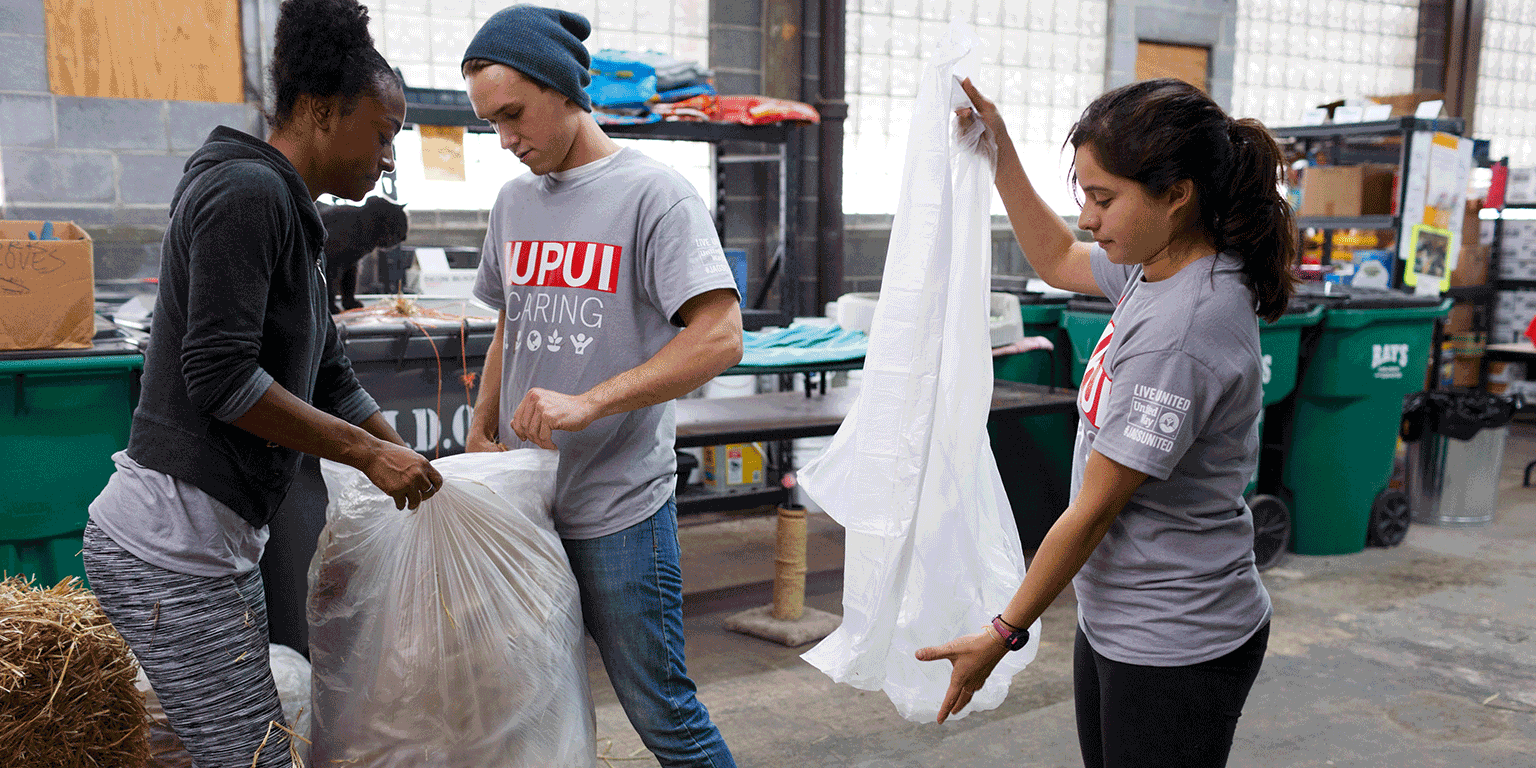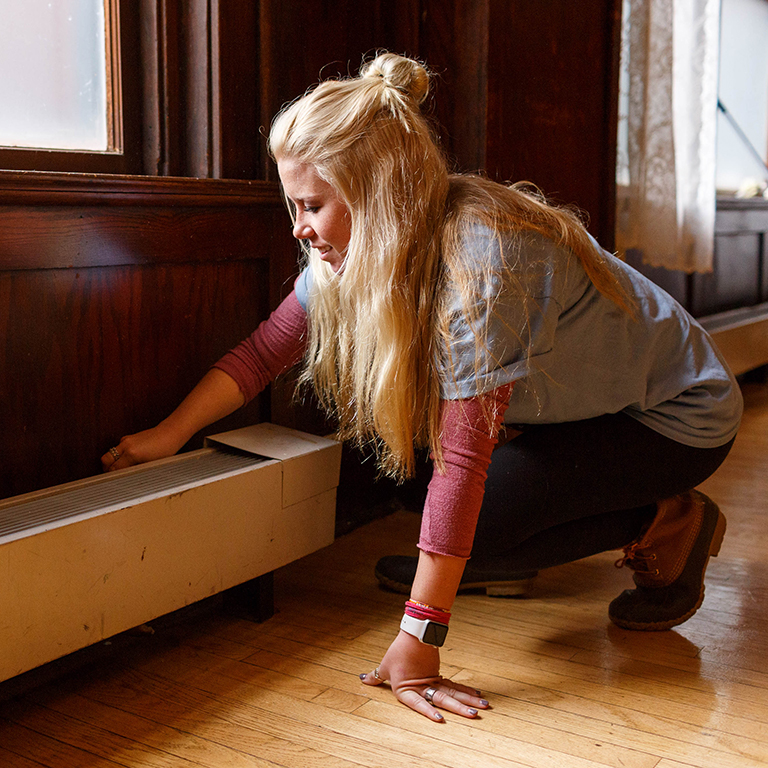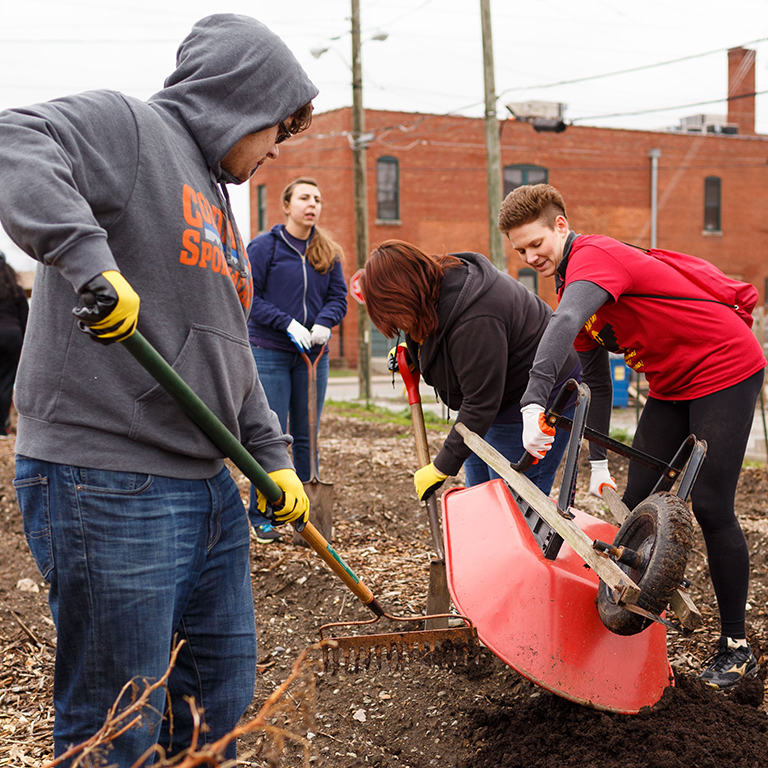Collaboration with communities lies at the heart of effective service learning practice. The real-world settings and issues that communities confront provide both a focal point and a backdrop for learning and change to occur.
Building authentic relationships with community residents, organizations, and groups, however, often challenges deeply held assumptions among all parties involved in community-university projects and collaborations. Overcoming these challenges requires that instructors, partners, and students examine their beliefs and practices through reflection, dialogue, and an openness to view questions from alternative standpoints. In particular, university engagement in the community raises a host of questions including:
- Who or what is “the community”?
- What is service, and who is being served?
- Who is the learner, and who is the teacher in a community setting?
- Who should be involved, and who has the power and authority to create legitimate knowledge and solutions to address pressing issues in communities?
- How do I manage the additional workload associated with mentoring and supervising students in community settings on top of my other responsibilities?
When instructors, partners, and students make sincere efforts to find a common understanding of their goals, practices, and processes, many of the potential misunderstandings that can arise through collaboration can be mitigated. Put another way, time invested in developing relationships with individuals and groups directly involved with the issue your course seeks to address is as important as any other energy you put into your course design.
Course Planning: Ten things academic partners should discuss with community partners
Project Planning: Ten things community partners should discuss with academic partners




